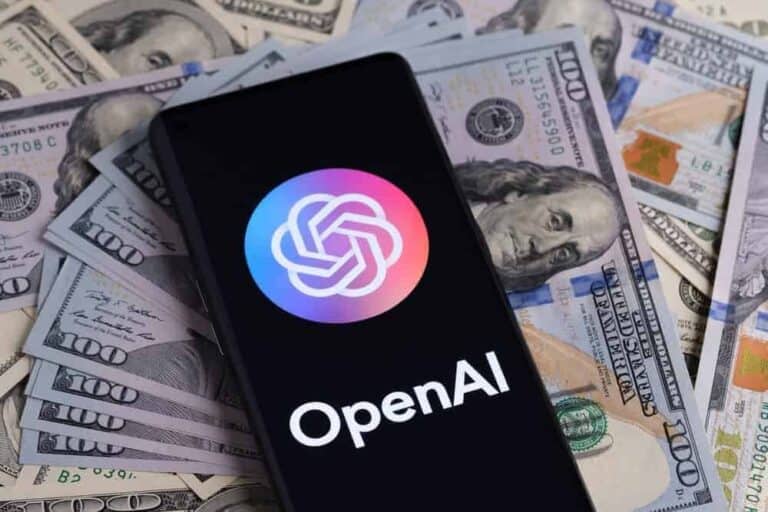Encode is joining forces with Elon Musk to counter OpenAI’s plans to fully transform itself into a profit-driven company.
Encode is a youth-led advocacy organization representing people in dozens of countries. It announced that it supports SpaceX and Tesla founder Elon Musk’s (pictured) ongoing lawsuit against OpenAI.
The lawsuit aims to prevent the transformation of OpenAI. This filing is backed by one of the most prominent figures in the artificial intelligence industry: Nobel and Turing Prize winner Geoffrey Hinton. He is often referred to as the “godfather of AI.”
Commitment to importance of humanity
OpenAI’s business model has been the subject of discussion for some time. Early last year, for example, the company reported annual revenues of 1.6 billion euros. That was higher than expected, but far too little to be profitable. Therefore, the company is looking for ways to increase revenue. This is not going without a fight.
In the letter, Encode argues that OpenAI’s restructuring undermines its commitment to public safety in developing advanced AI systems. Encode adds that OpenAI’s status as a nonprofit provides “essential governance measures.” Those disappear if the company becomes a for-profit entity. Instead of being committed to humanity’s interests, the company would be legally required to balance public benefits with investor interests.
As Hinton alleges in a statement, OpenAI was founded as an explicitly security-focused nonprofit. Because of its nonprofit status, it also received “numerous tax and other benefits”, he says. Allowing it to withdraw all these promises when it no longer suits OpenAI sends a terrible signal to other players in the ecosystem, Hinton suggests.
Hinton recently told BBC Radio 4 that he thinks there is a “10% to 20% chance” that AI could wipe out humanity within the next 30 years. This seems to be an attempt to remind the industry that safeguards are needed when developing this technology.
Legal structure limits OpenAI
OpenAI’s current legal structure, as a for-profit corporation controlled by a nonprofit board, limits its mission and hinders its ability to attract funding and compensate investors. Last week, the company formally announced its intention to restructure itself as a traditional for-profit company. These plans, by the way, had been known for some time.
Musk was one of the first to foresee this move by OpenAI. He, therefore, filed a preliminary injunction in November to prevent it. Since then, he has received support from Meta and its founder and CEO, Mark Zuckerberg. Last month, Meta wrote in a letter to California Attorney General Rob Bonta that allowing the transformation of OpenAI would set a “dangerous precedent” with “seismic implications” for the technology industry.
In his letter, Encode questions the ability of a for-profit company to fulfil OpenAI’s promise to “stop competing and start helping” organizations that may be close to building “artificial general intelligence” before OpenAI itself does.
“AI must serve the public interest”
“Today, a handful of companies are rushing to develop and deploy transformative AI. In doing so, they internalize the profits but externalize the consequences for humanity, ” stated Encode founder and president Sneha Revanur. According to Encode, the courts “must intervene” to ensure that AI development serves the public interest.
OpenAI called on the court to dismiss Musk’s lawsuit. The company claims Musk has “no interest in it” and is only trying to gain a competitive advantage for his own AI startup, xAI Corp. To support its claims, OpenAI released email exchanges between OpenAI decision-makers and Musk. These show that Musk pleaded with OpenAI executives to make the company profitable as early as 2017.
